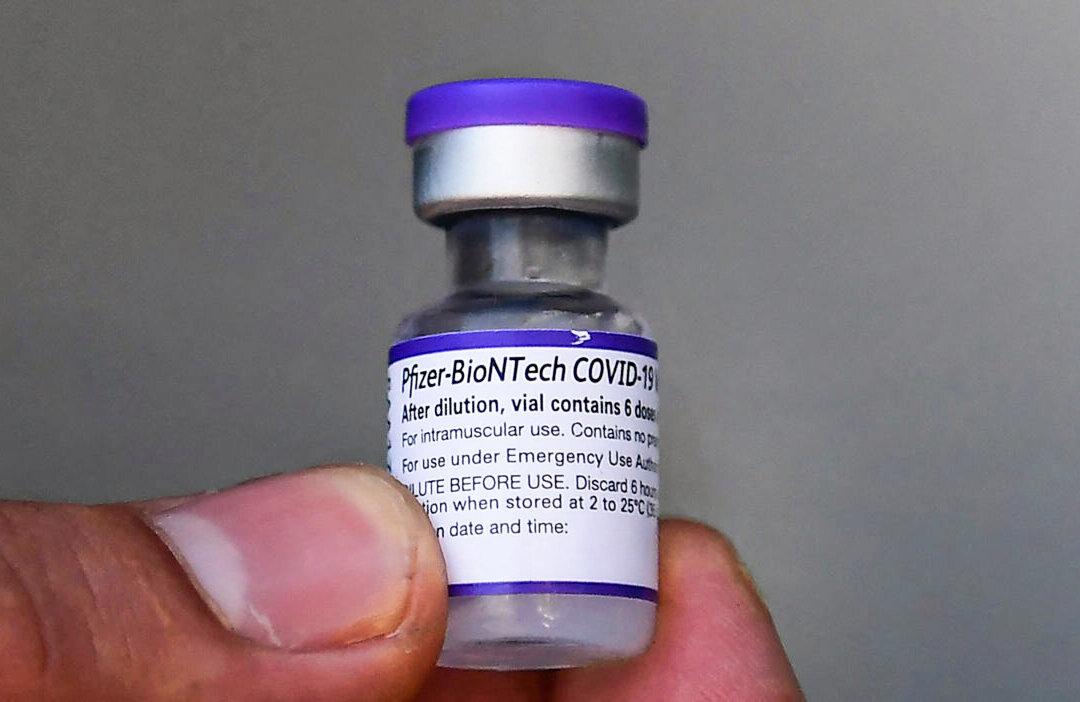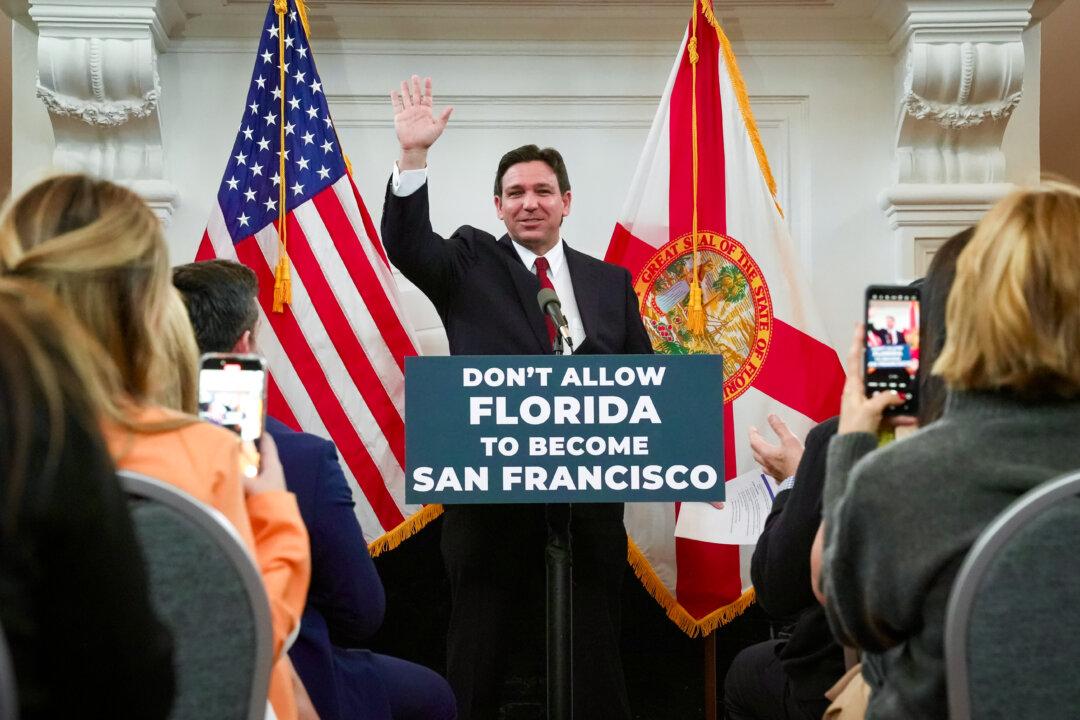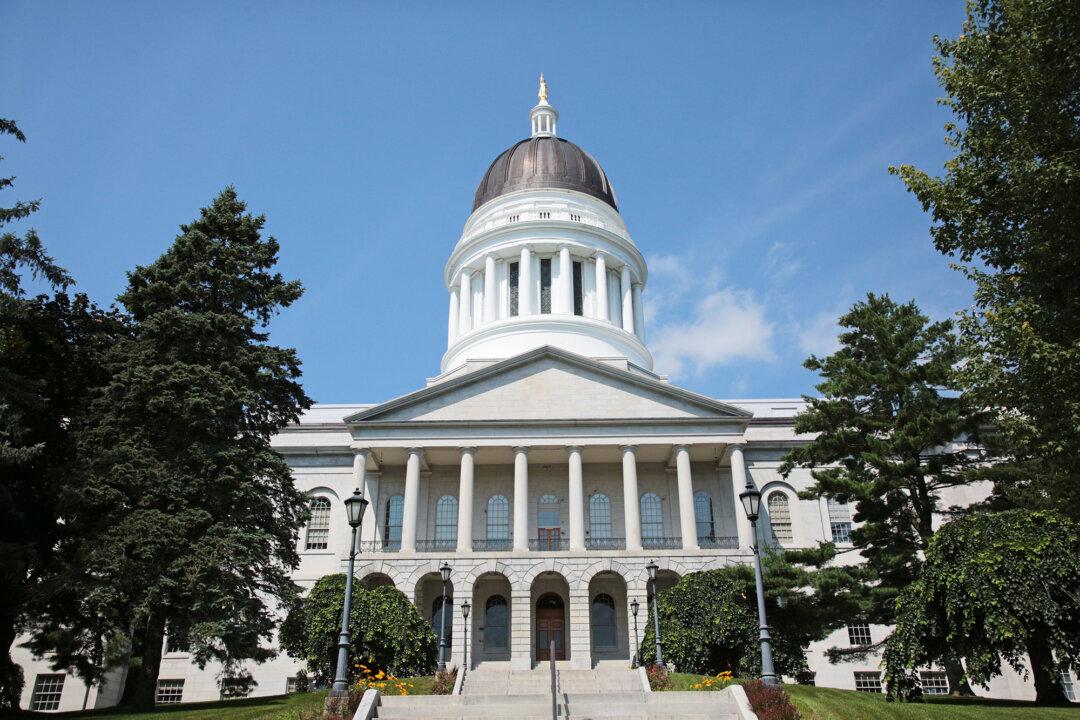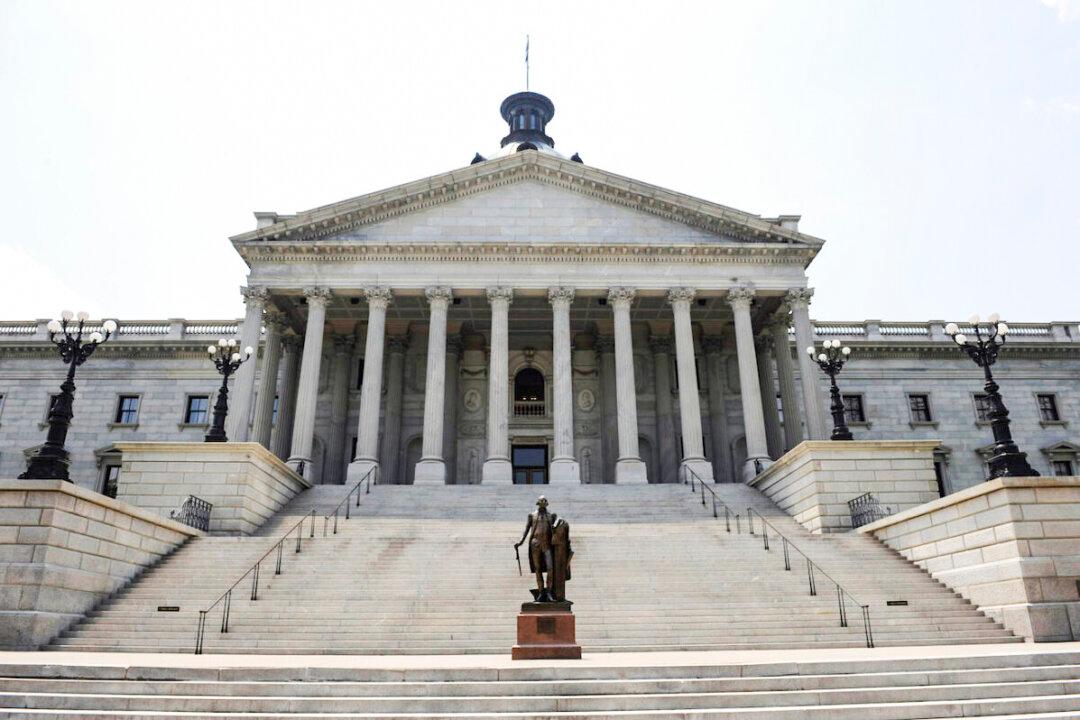State laws that oppose President Joe Biden’s vaccine mandates have added another layer on to a complex legal situation, but an expert says they may fail to stop federal law.
Recently, seven conservative states have passed bills making it easier for businesses, and individuals, to oppose the Biden administration’s vaccine mandates.




